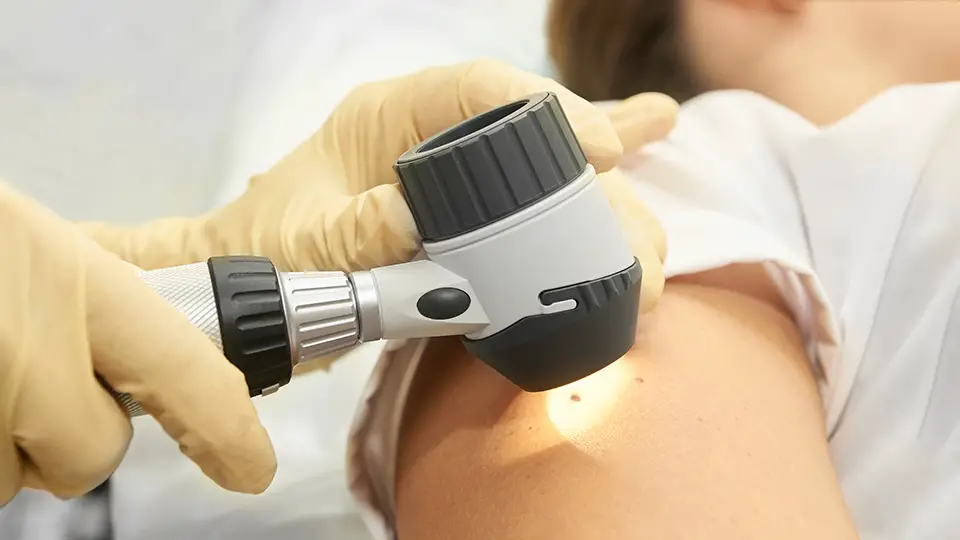REGION — The COVID-19 pandemic appears at least at the moment to be winding down with positivity rates declining and every adult in the state of California now eligible for the vaccine. Still, it is more important than ever to keep your eye on other parts of your overall health.
This is particularly the case with conditions that are treatable in early stages, such as different kinds of skin cancer. From March to May 2020, during the first surge of the COVID-19 pandemic, skin cancer diagnoses dropped an average 46%, with hospitals across the country limiting the number of patients allowed to visit their facilities.
With hospitals now allowing more in-person visits and the summer months ahead of us, doctors such as Rancho Santa Fe’s Dr. Hubert Greenway are calling for more awareness.
“With the COVID issues where you essentially had a combination of shutdowns related to preserving hospitals here and having those beds open, we ended up providing less opportunities for people to be seen,” Greenway said. “Some of us now, including my practice, have seen a number of patients recently in the last few months with melanomas where it was probably more advanced than it would have been had COVID not come along.”
Greenway is medical director of the skin cancer program at Scripps MD Anderson Cancer Center, and also a Scripps Clinic physician. Over the past few months, he has seen the increase, particularly in older men with melanomas on their scalp and neck areas.
It is another example of the pandemic’s wide-reaching effects on public health. Diagnosing skin cancer like melanoma is critical with the five-year survival rate of early stages of the disease being upwards of 99% but falling to 27% for advanced stages, according to the American Cancer Society.
For months it was likely impossible for most patients to see their physician in-person with COVID protocols. Tele-visits were likely possible at most hospitals, but even that is not the most effective way of screening for skin cancer.
“It’s fairly difficult to examine the entire skin surface, which is what we want to do. We need to be able to look in your ears, behind your ears, in your hair even on your scalp,” Greenway said. “So, to do a total body skin exam is a real challenge in a video visit and is probably, if possible, is best done in person.”
This is important to note also for those who may still feel wary of walking into a hospital with fears of the COVID-19 virus. While doctors can do some skin examinations over video and provide some evaluations, many times it will require in-person visits.
However, health care workers were among the first to be tested, screened and, of course, vaccinated.
“I think it’s certainly fine to ask your doctor’s office if everyone has been vaccinated who you will be in contact with, and I think the answer probably will be yes,” Greenway said. “We have also been very cognizant of the turnover rate of the air circulating through the office and buildings. So, I think that the medical community has taken a lot of steps, and ones that were needed, so that patients can come back to the office safely.”
With things beginning to open up more in the state, especially in the sunny summer months ahead and people excited and ready to return to the outdoors, it’s also more important than ever to continue the usual steps to protect yourself from the sun’s harmful rays.
Greenway recommends using a sunscreen with an SPF of at least 30, noting that while spray-on sunscreens in the past were not usually the best for protection, they are now adequate. Also wear protective clothing to block the sun’s rays, like sunglasses, since you can get melanoma on your eyes, and wide-brimmed hats to protect your head and neck.
“Enjoy yourself, enjoy San Diego, that’s why we all live here. But please avoid getting a sunburn,” Greenway said.



